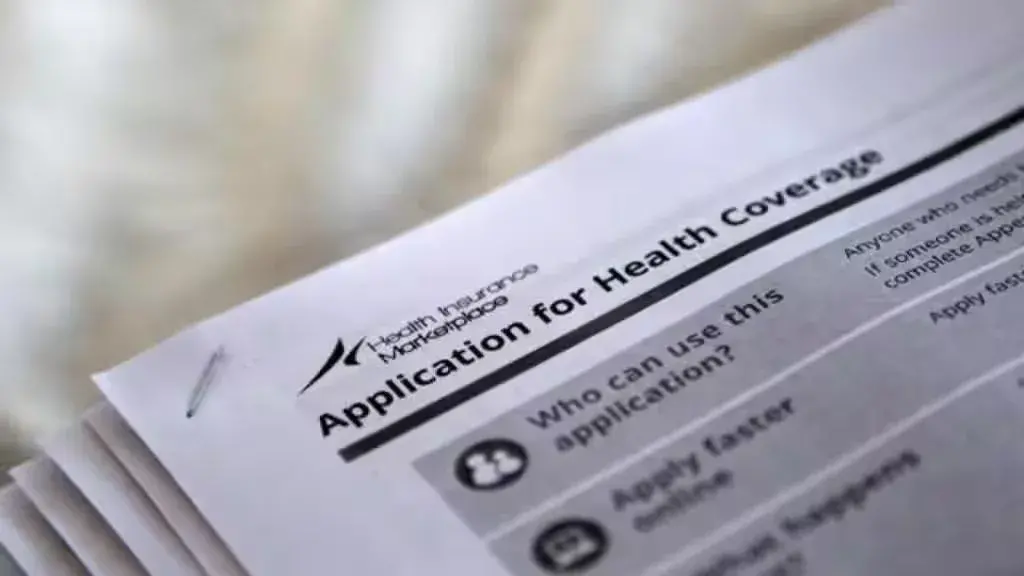No Relief for Infosys: Indian Government Maintains ₹32,000-Crore Tax Demand Amidst Canadian Fine
Infosys is facing a substantial tax challenge from the Indian government, which has refused to reduce a ₹32,000-crore ($4 billion) tax demand related to GST regulations. The demand, issued last month, pertains to services received from Infosys’s overseas branches between July 2017 and the fiscal year 2021-22. This amount represents about 85% of Infosys’s revenue for the quarter ending June 30. Infosys has requested a ten-day extension to respond after recent discussions with Indian Income Tax department officials. Despite this, the Indian authorities have indicated they will not ease the demand. In a recent update, Infosys confirmed that the tax demand for the 2017-18 financial year, totaling ₹38.98 billion, has been resolved. The company maintains it has met all tax obligations and adheres to both central and state regulations. In addition to this domestic issue, Infosys has also faced scrutiny from Canada. In May 2024, the Canadian government imposed a fine of CAD 134,822.38 (₹82 lakh) on Infosys for underpaying the employee health tax for the fiscal year ending December 31, 2020. Infosys disclosed this penalty in a regulatory filing received from Canada’s Finance Ministry on May 9. The broader IT sector has also been impacted, with significant declines in stock prices for other major players like Tata Consultancy Services and Satyam Computer Services. This downturn follows Infosys’s stock performance, which saw profit-taking after meeting market expectations and experiencing a prior price surge. Reference by Mint



